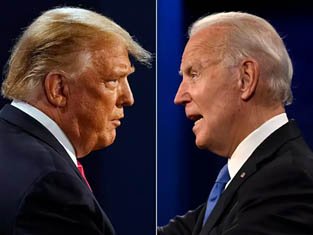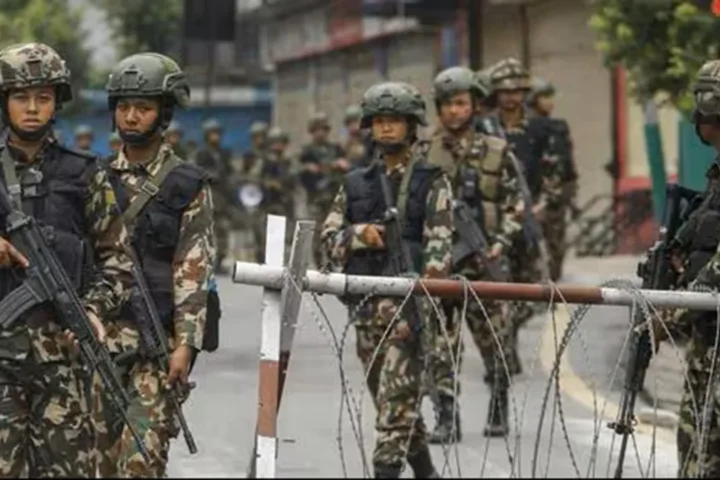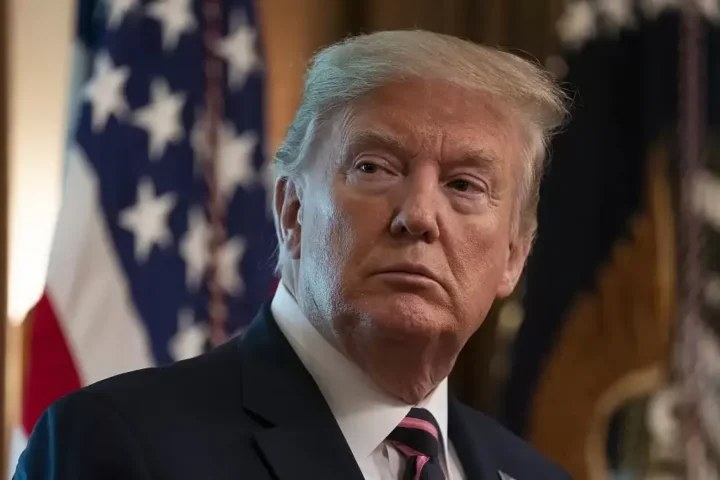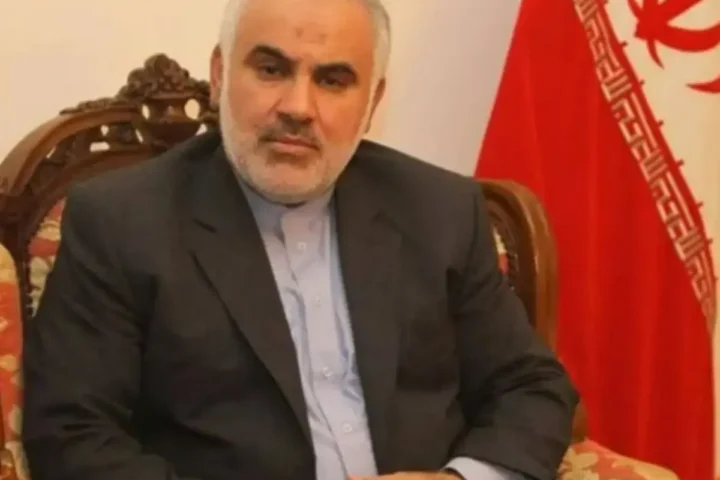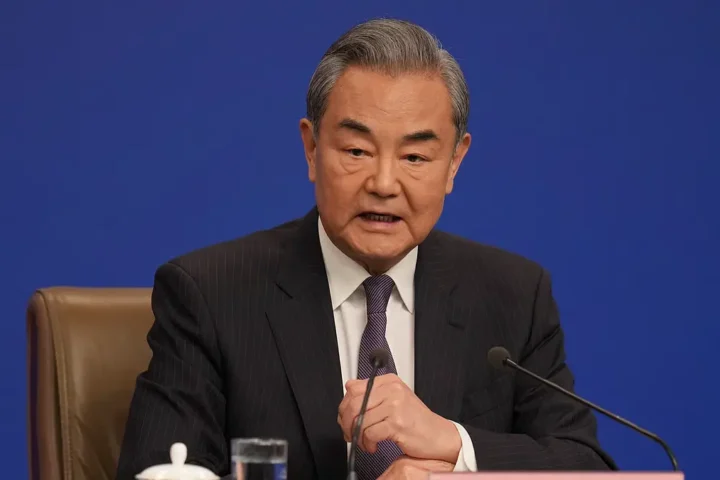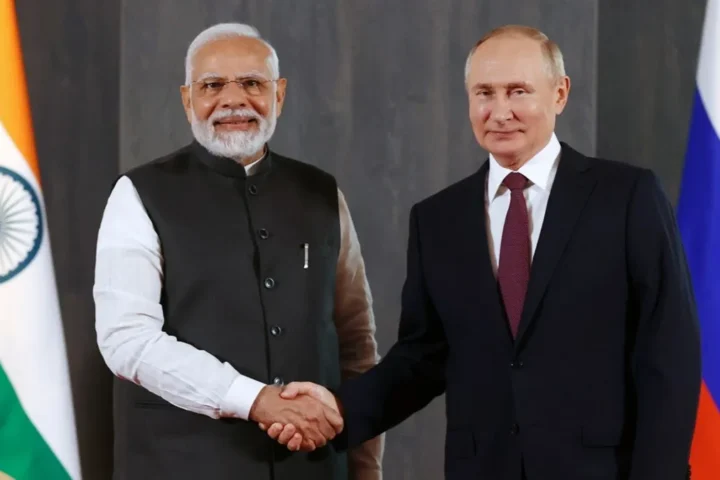The implications of Donald Trump’s presidency would be addressed for generations to come — however for the Chinese government, its significance is already apparent. China’s leaders claim that the last 4 years have revealed that the US is increasingly weakening and therefore this decline has led Washington to desperately attempt to contain China’s rising. Trump’s trading war, technology sanctions, and willingness to accuse China of his ongoing fumbling of the Corona Virus have all validated China’s political elites’ belief that the US is intent on holding their nation down.
To be certain, the belief that the USA is seeking to curtail and isolate China was common among Chinese authorities even before Trump assumed power. Something many Americans see as destructive consequences, due only to Trump’s administration, is a startling excuse for China’s new rulers for their worst earlier appraisal of US strategy.
Although Trump has developed what Beijing viewed as a long-term challenge into an acute threat that calls for the urgent mobilization of the Chinese system. The Trump rule has tried to break the hold of the CCP on democracy, to push China’s state-dominated financial structure to liberalise, and to obstruct China’s path to technical dominance. Almost four years after this gambit, though, Trump’s strategies seem to have created the opposite outcome in each domain.
Presidential contender Joseph Biden vowed that if appointed, he would create a strong front of US alliances and collaborators to counter China’s violent actions. Confidence in alliances in Europe, as well as East Asia in the USA, has ebbed following Trump’s chaotic governance and US exit from Paris Climate Change Agreement, Iran’s nuclear pact and other access points without engaging with them, squabbling about security concerns and placing tariffs on European nations.
[/vc_column_text][/vc_column][/vc_row]

